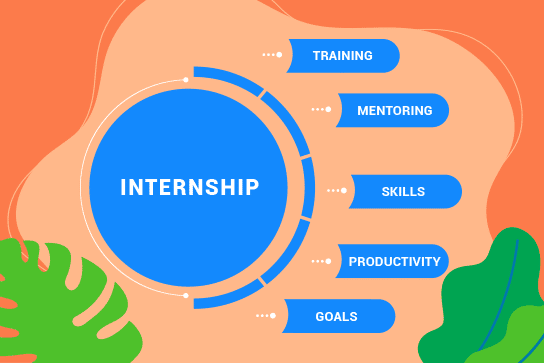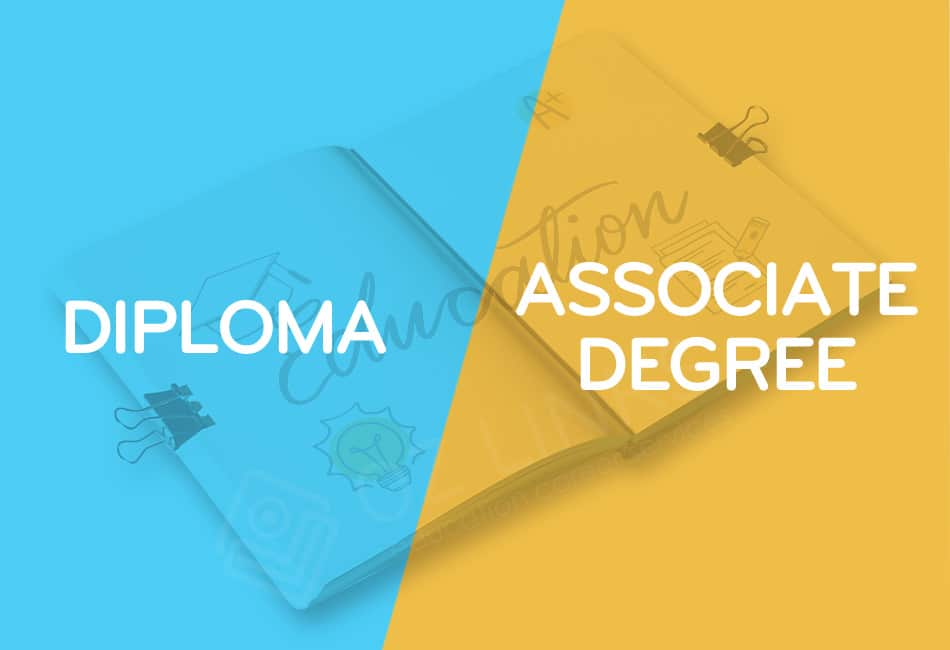Diplomas are often required to gain qualifications or skills for practical fields, such as construction or engineering. They often teach specialised skills required for that particular industry. In contrast, associate degrees tend to offer units that are often more theoretical in regards to the coursework, such as studying mathematics, science, and literacy skills. This typically means that skills learnt within the associate degree can be transferable to other fields/ industries, which can be used to increase the number of career choices. As diplomas offer specialised skills, it is highly possible that these skills are not strictly transferable and therefore can limit the number of career choices available, if one wishes to move on from the industry.
Diplomas often contain no pre-requisites required to enrol in the course, whereas associate degrees often require pre-requisites before you can enrol within the course. Completion of associate will earn a degree in that program/field whilst completion of a diploma will not earn a degree. Associate degrees are often a strict 2-year course, whereas diplomas are more flexible as they can be completed in 1-2 years when taken full time.
Associate Degree
Associate degrees are two-year university programs, which are obtainable at higher education institutions in Australia. Associate degrees are an academic program taken at the undergraduate level and gives basic technical and academic skills required for a particular field. Associate degrees also offer units that develop transferable skills that can be used for other possible career choices.
An associate degree is a level six (6) Qualification type and strictly takes 2 years to complete. They can also be used to gain guarantee entry of a specific bachelor degree after completion or as a qualification for a job.
Diploma
Diplomas are 1-2-year programs that offer specialised skills and knowledge for a particular field. They are obtainable many higher education institutions, which includes universities and TAFE. The coursework for a diploma is often more practical in regard to the coursework compared to a degree and tend to offer field-specific classes that are required to work in a specific field. Completion of a diploma will not offer a degree in the field.
Diplomas are a level five (5) Qualification type and take 1-2 years to complete. They can be used to gain credit for bachelor’s degrees or as a qualification for a job.
Summary
- Diplomas tend to offer specific field units/classes that are designed to provide the students’ knowledge to work in the field after completion. The classes available are typically practical to train up the relevant skills required to succeed field.
- Associate degrees tend to offer units that offer transferable skills that can offer students a broad range of jobs for that they can apply for after completion of the degree. The units are typically theoretical and are often taught in classrooms.
- Diplomas can be a 1-2-year program, depending on the study load, whilst the associate degree is a 2-year program.
- The completion of an associate degree awards a degree whilst a diploma does not offer a degree in the field.
- Completion of an associate degree can be used to guarantee a pathway into a specific bachelor’s degree, whilst completion of a diploma cannot be used to guarantee movement into a bachelor’s degree.
Content from multiple sources by Ozlinks Education “ Don’t forget to share this post!”
FOR COURSE ENROLMENT!




